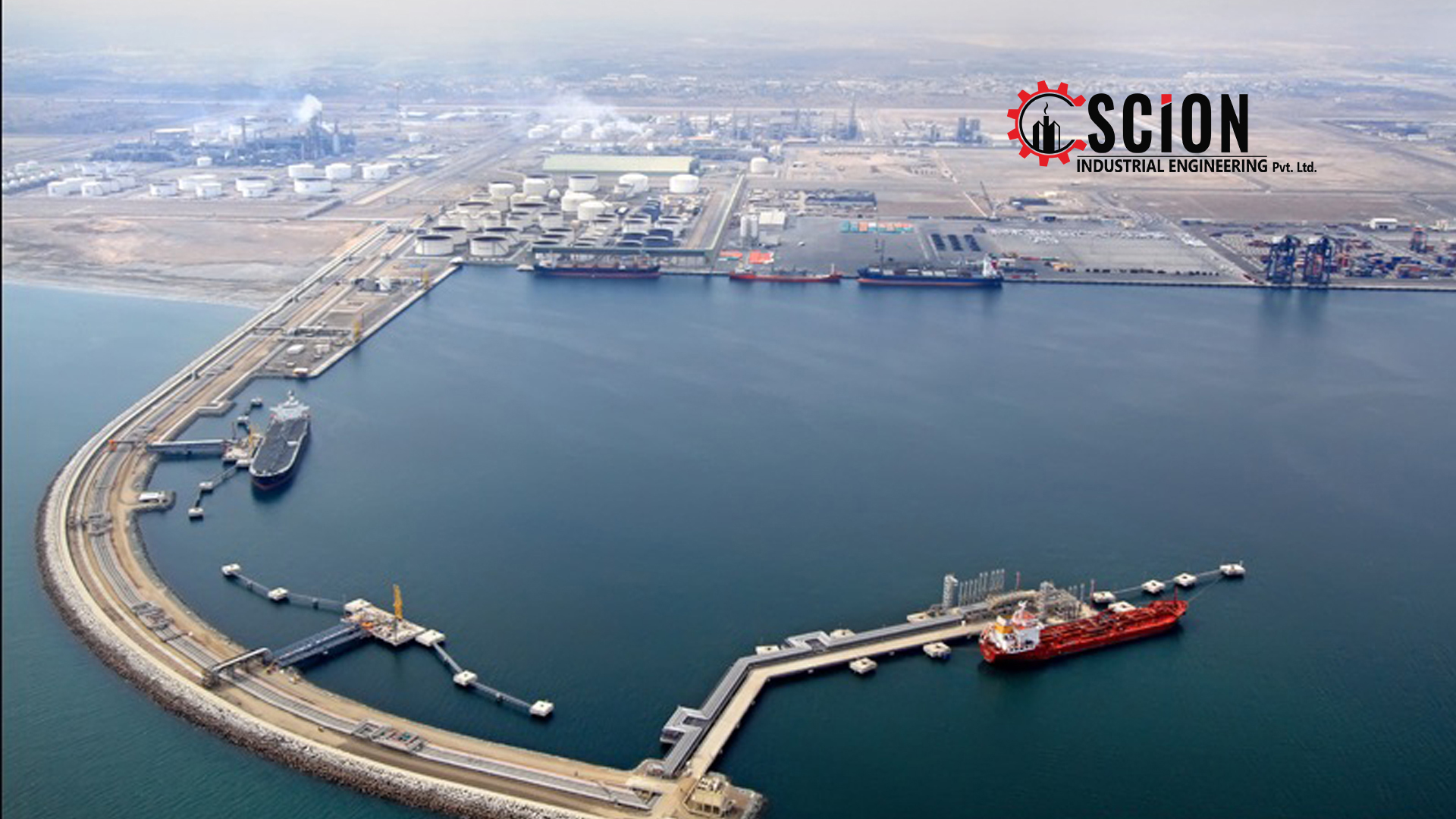As part of PAM’s responsibilities in sector governance and organisational structure, the primary objective of the law is to address the factors that have historically hindered foreign investment in Omani mining. Drafting was reportedly completed in 2015, with the legislation submitted to government ministries for review.
Priority Issues
Subject to final approval, the new mining law is expected to decrease complexity in the sector and make operating in Oman easier and more transparent for potential investors. The draft law envisages, for example, longer mining leases, making it attractive for investors to enter the sector. It is also expected to centralise a process of licensing applications that currently involves multiple agencies.
Stakeholders are hoping that the regulatory revamp will lead to increased legal clarity. “Mining has huge potential in Oman, but we have yet to see a large-scale project be undertaken in the country, and thus regulating the industry is still a work in progress,” Ernst Grissemann, managing director for Bauer Nimr, a German construction firm, told OBG.
To create the draft legislation, PAM reviewed mining sector regulatory frameworks from around the world, reportedly focusing on provisions including local content, investment incentives, investor clarity, extending the duration of licences, penalties for lack of investment and benefits for local communities. Fixed royalties and tax rates are expected to be purposefully left out of the new law in favour of adjustable royalties that can incentivise investment by triggering lower rates during periods of very low commodity prices. Hilal bin Mohammed Al Busaidy, PAM’s CEO, has suggested that local content development will be a priority objective once the new law comes into force.
The new law is also intended to implement more regulations to protect the mining sector and prescribe heftier fines and jail terms for violations, a concern regularly raised by members of the Majlis Al Shura, the lower chamber of the Council of Oman.
“Oman’s mining law needs more teeth to combat evaders of royalty. The government is losing tens of millions of rials in revenue from this sector,” said Tawfeeq Al Lawati, a member of the Majlis Al Shura, speaking to local press in 2015. “Although the government has put in place a ban on exports of mining products in the form of raw materials, there are several companies and individuals that do the opposite,” he said. Al Lawati attributes a sharp rise in construction material prices on the local market to poor regulation, which enables exploitation by companies.
Sector Impact
Despite the anticipated positive effects of the new law on the sector, the immediate impact of PAM’s draft legislation has been to slow down the licensing process. Even well-capitalised companies report having difficulties obtaining licences for new projects, with the authority seemingly holding off on many applications until the new law is ratified.
However, the longer-term implications of the law are expected to be more positive. By rationalising the mining sector and streamlining unnecessarily bureaucratic licensing processes, PAM is providing real incentives for investors looking to enter the mining sector in Oman.
“What sector players want more than anything from the anticipated mining law is a clear and concise framework under which we can operate,” Dean Cunningham, CEO of Kunooz Oman Holding, told OBG. “This should be established based on international benchmarks and best practices in order to ensure the attractiveness of the sector to global capital,” Cunningham added.
Source:https://oxfordbusinessgroup.com/analysis/improved-regulation-sight-new-legislation-expected-address-stakeholder-demands



